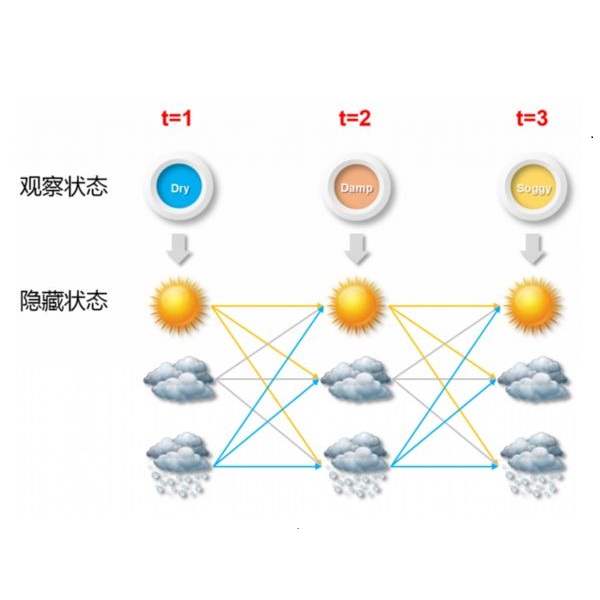Conversational agents (CAs) have the great potential in mitigating the clinicians' burden in screening for neurocognitive disorders among older adults. It is important, therefore, to develop CAs that can be engaging, to elicit conversational speech input from older adult participants for supporting assessment of cognitive abilities. As an initial step, this paper presents research in developing the backchanneling ability in CAs in the form of a verbal response to engage the speaker. We analyzed 246 conversations of cognitive assessments between older adults and human assessors, and derived the categories of reactive backchannels (e.g. "hmm") and proactive backchannels (e.g. "please keep going"). This is used in the development of TalkTive, a CA which can predict both timing and form of backchanneling during cognitive assessments. The study then invited 36 older adult participants to evaluate the backchanneling feature. Results show that proactive backchanneling is more appreciated by participants than reactive backchanneling.
翻译:交流剂(CAs)在减轻临床医生在检查老年人神经认知障碍方面的负担方面有着巨大的潜力,因此,重要的是开发可以参与的CAs,以征求老年人参与者的谈话演讲意见,支持认知能力评估。作为第一步,本文以口头回应的形式介绍了在CAs开发后导能力的研究,以口头回应的方式与发言者接触。我们分析了老年人和人类评估人员之间246次认知评估对话,并分析了反应性后导道(例如“hm”)和主动性后导道(例如“请继续前进”)的类别。这用于开发TaltTive,这是一个CAA可以预测认知评估的时机和反导形式。研究随后邀请36名老年人参与者评价后导道特征。结果显示,主动性后导比反应后导更受参与者的赞赏。





